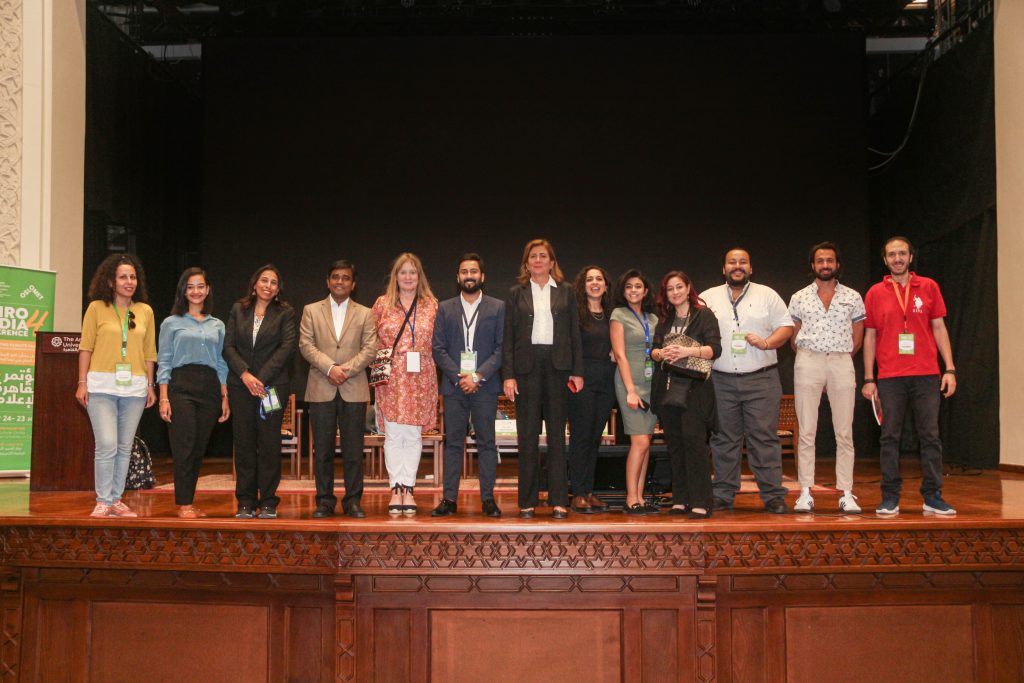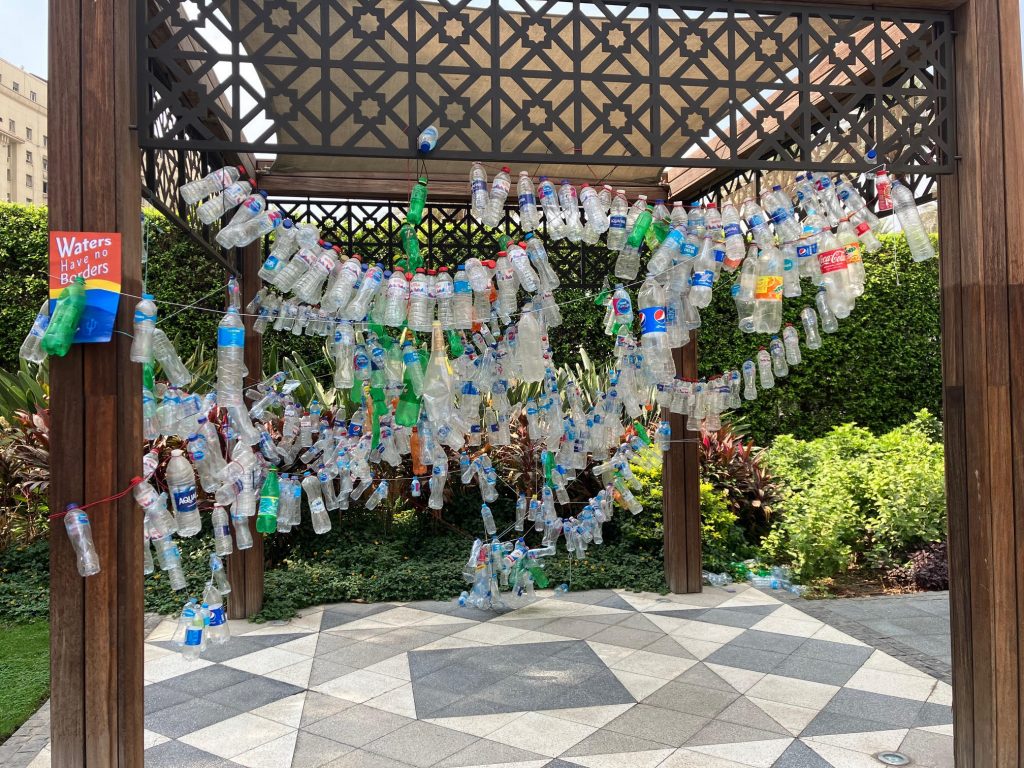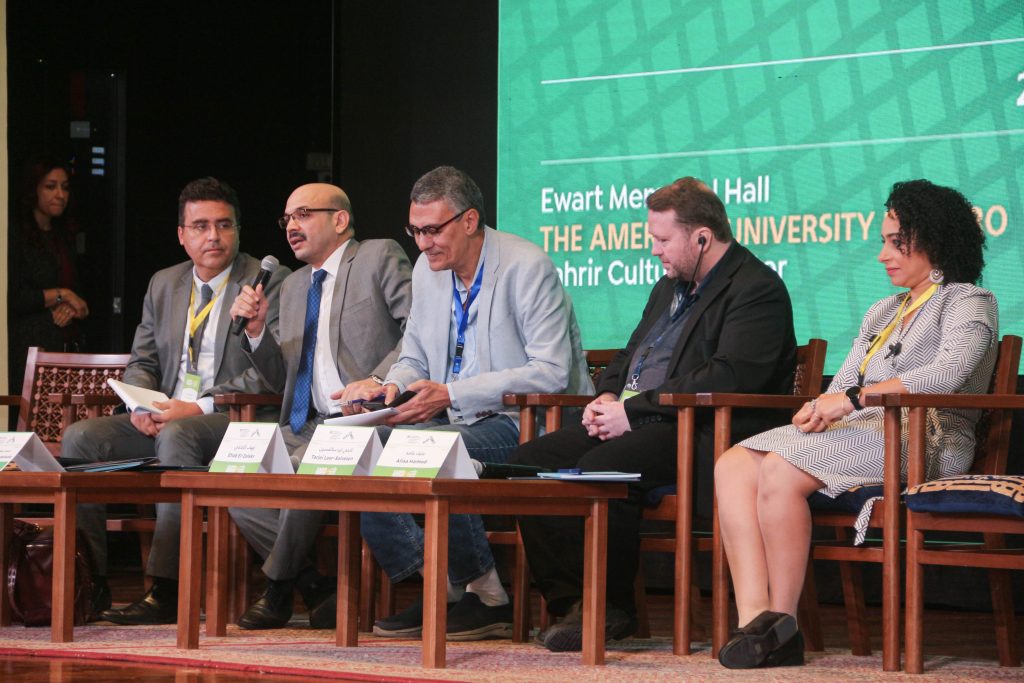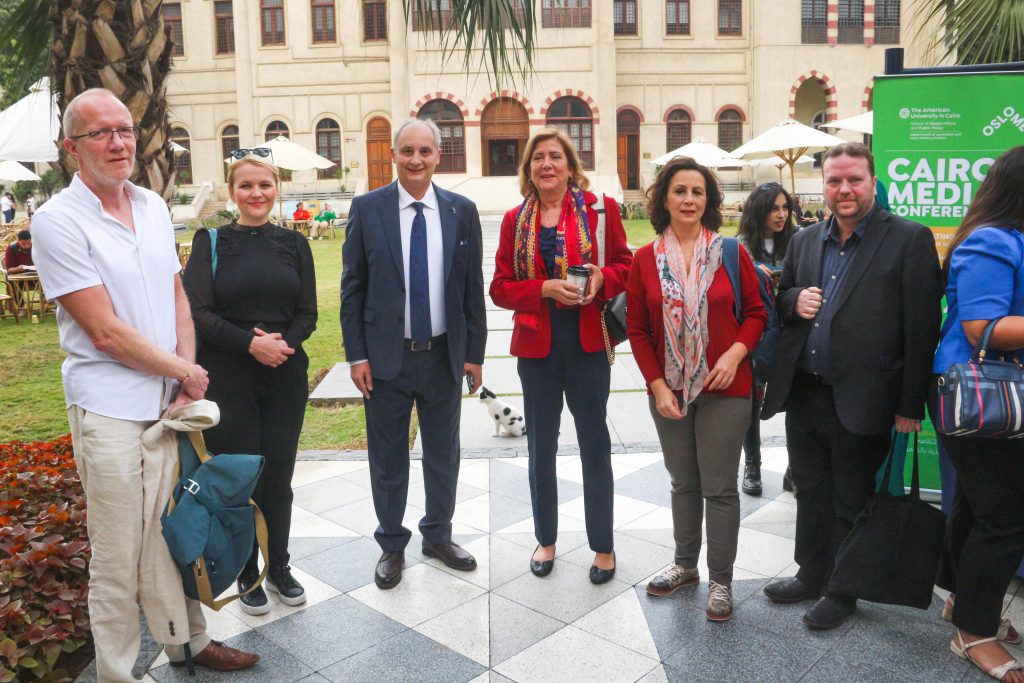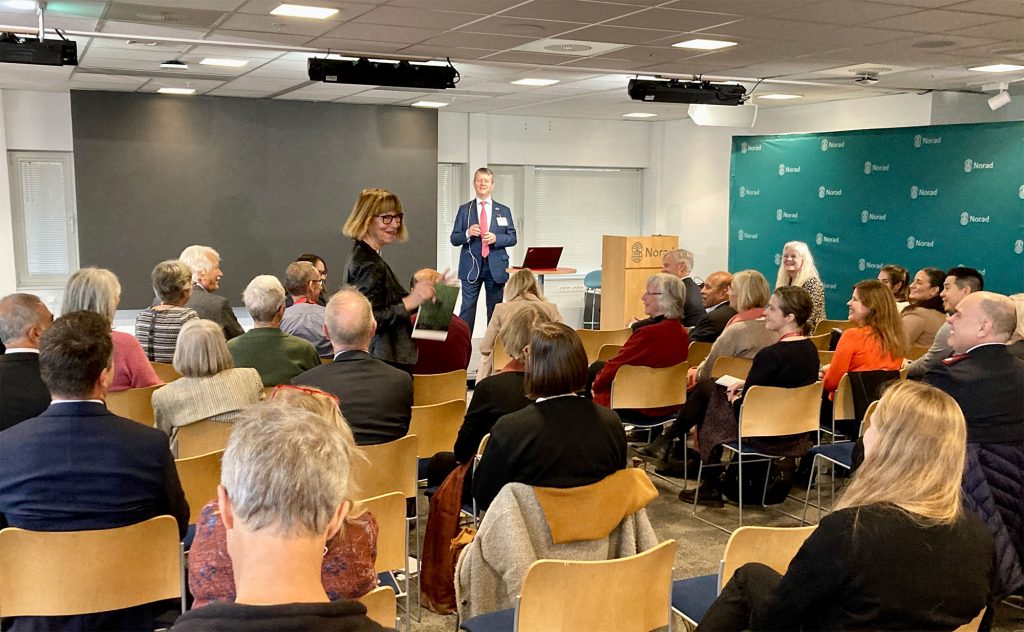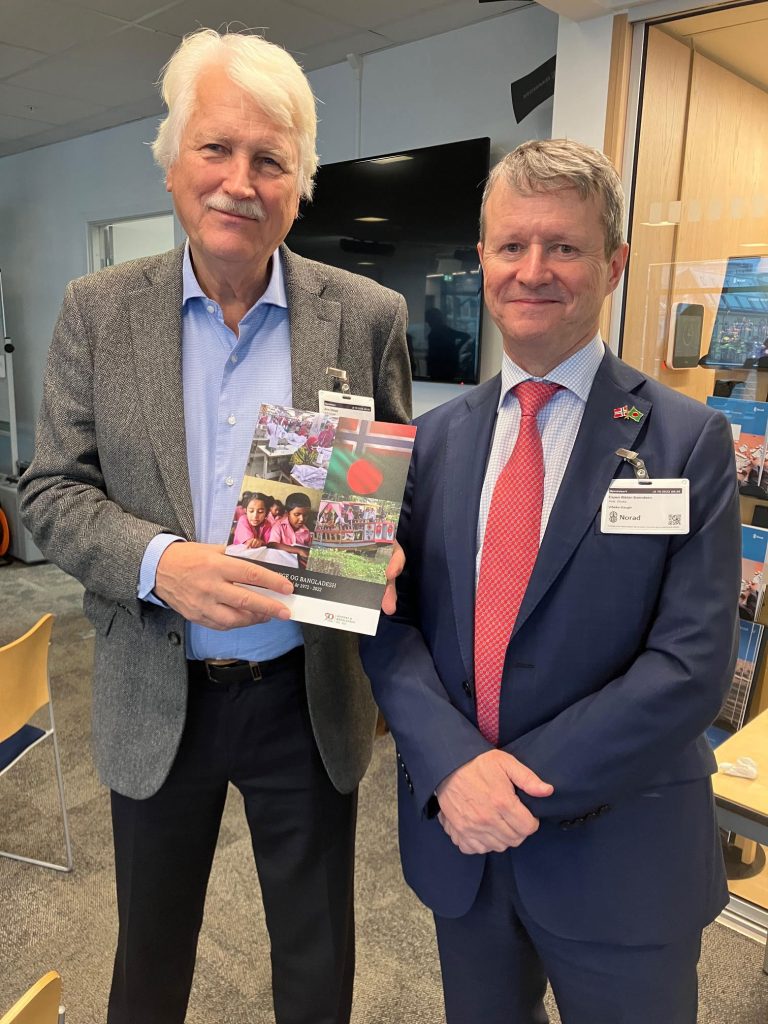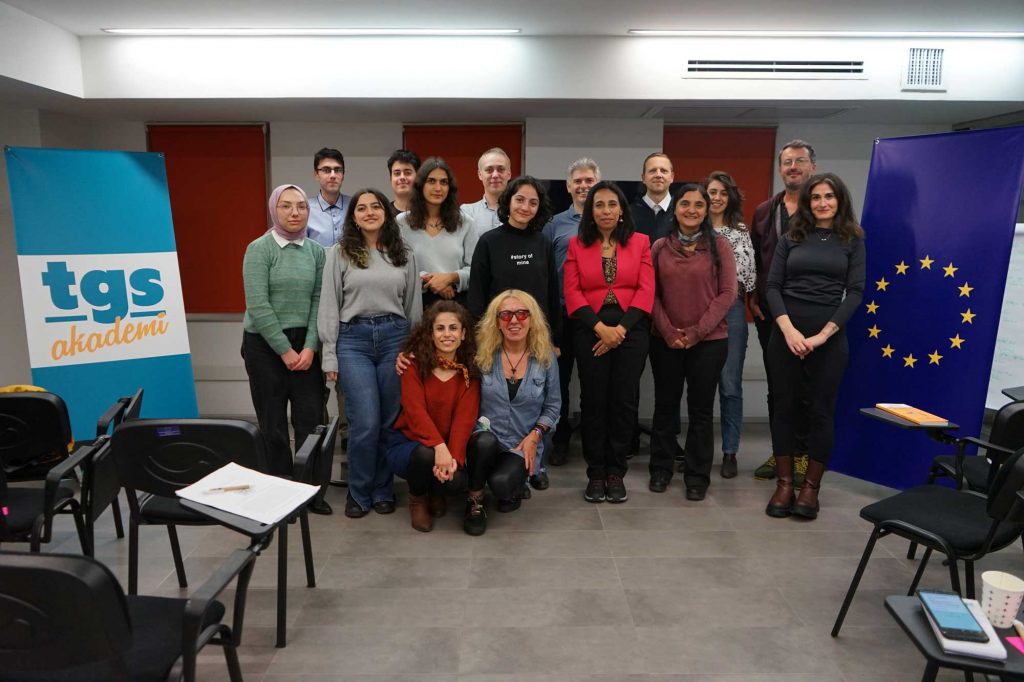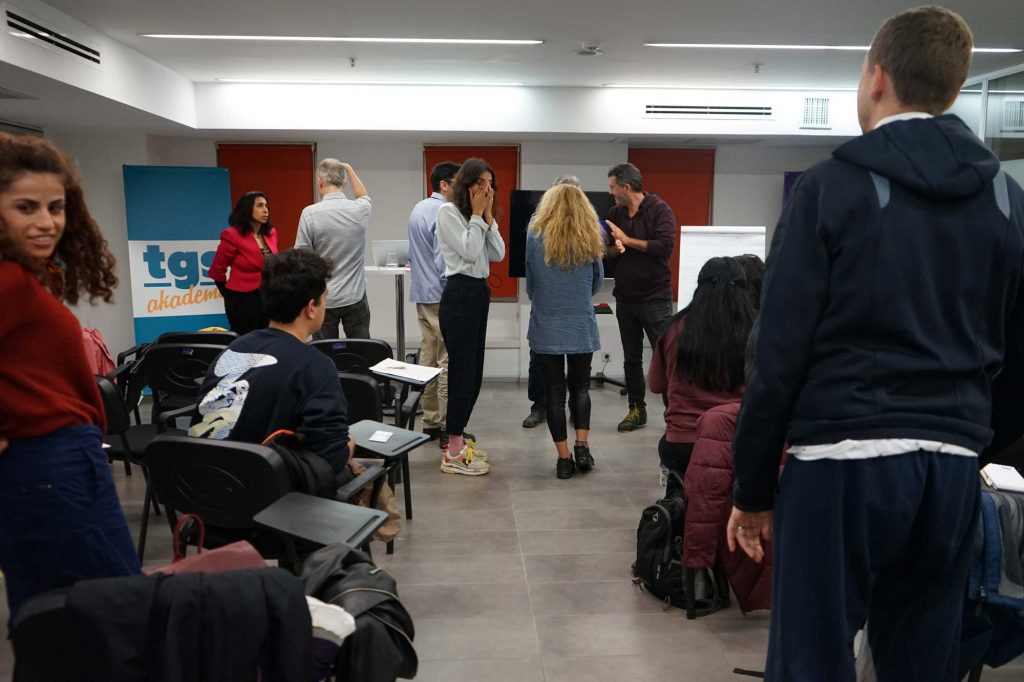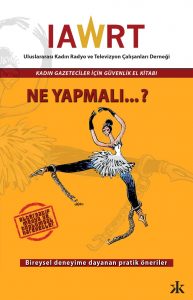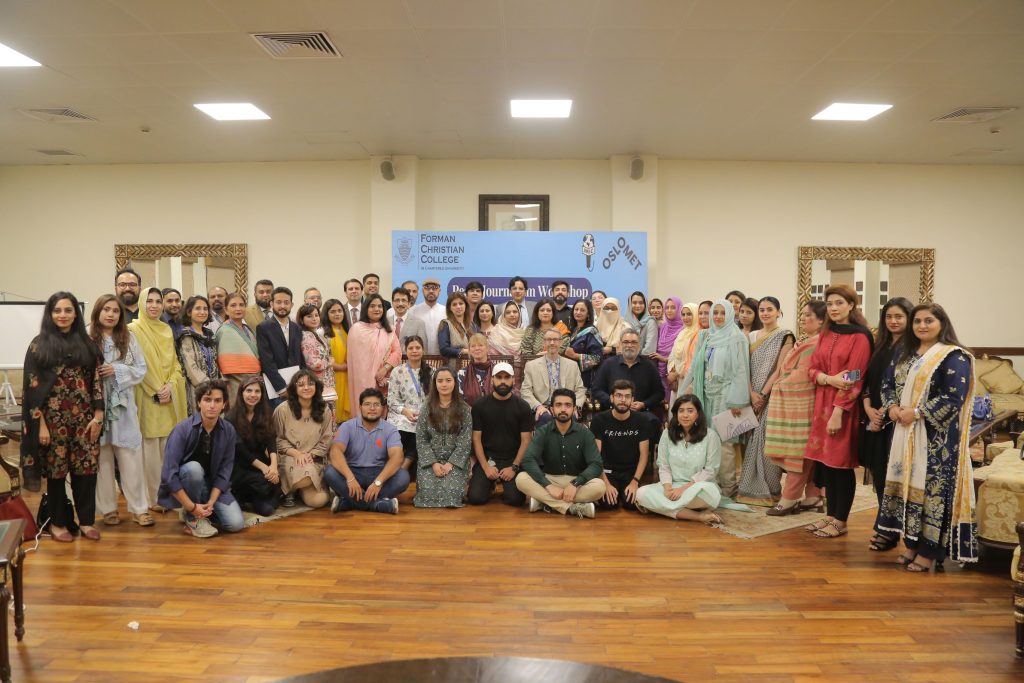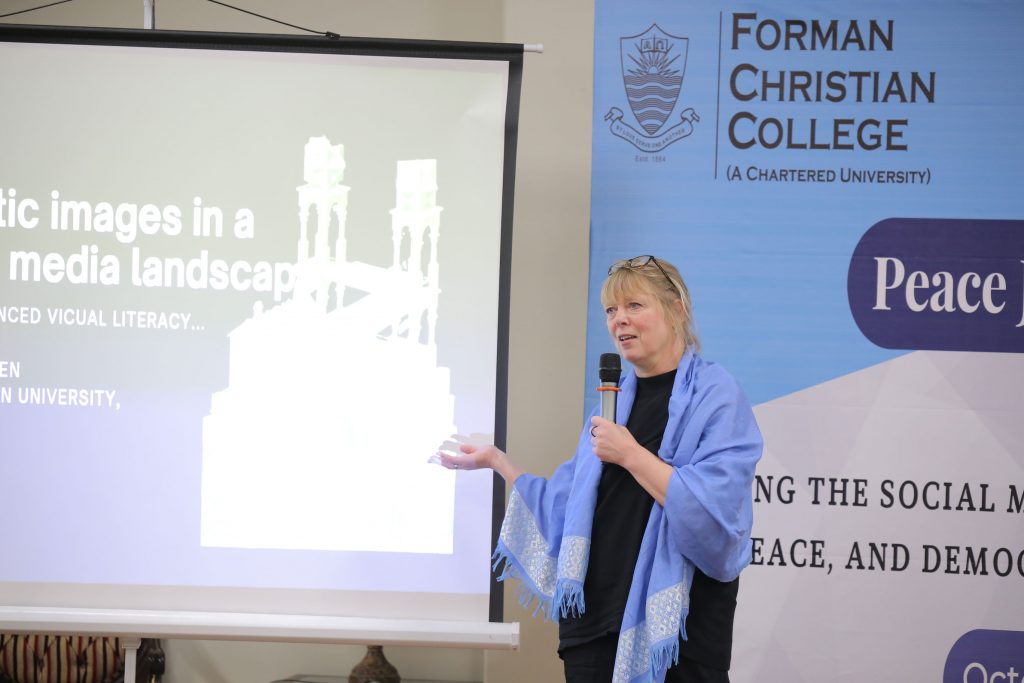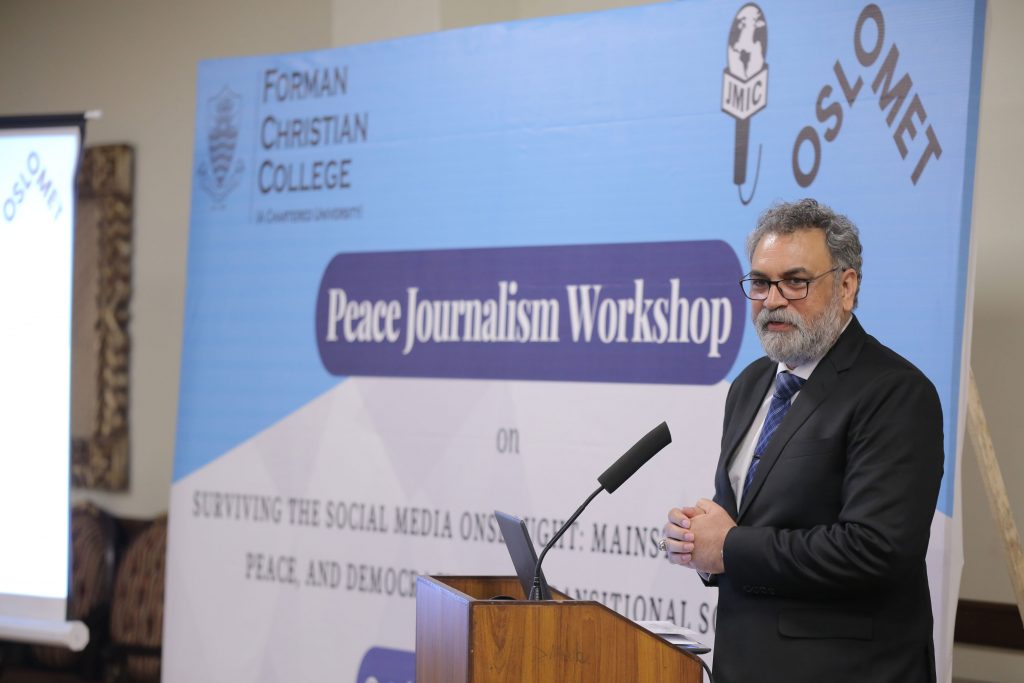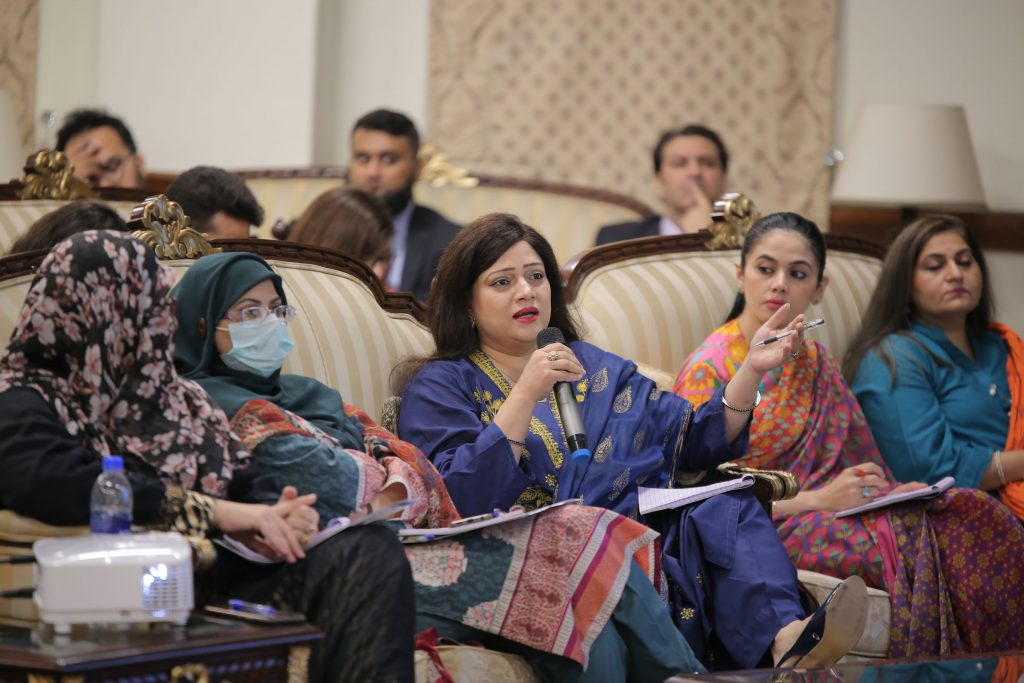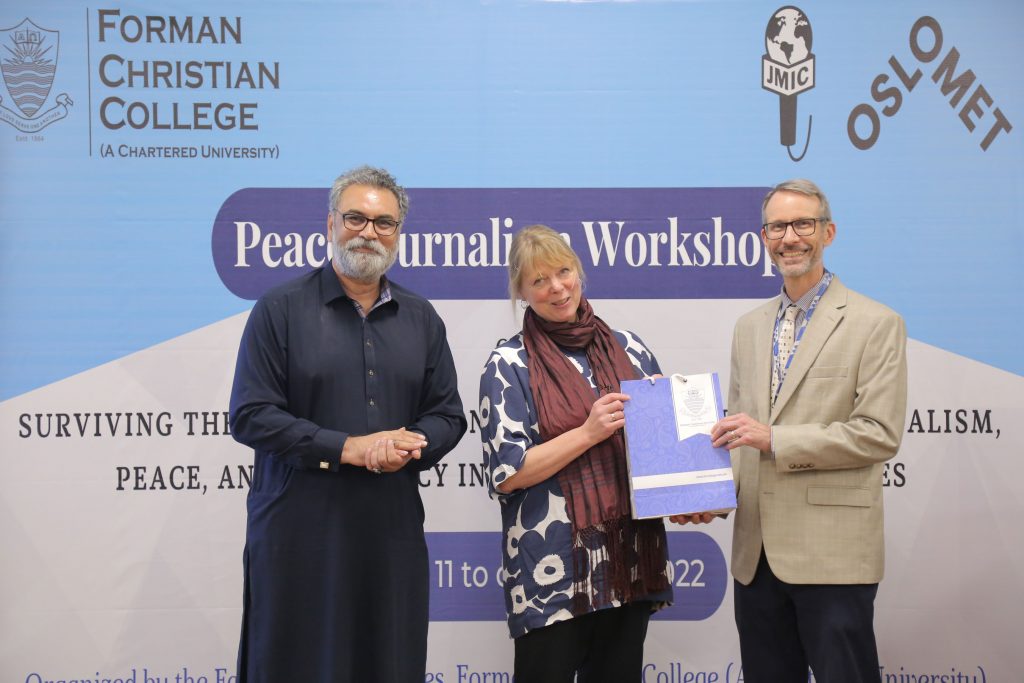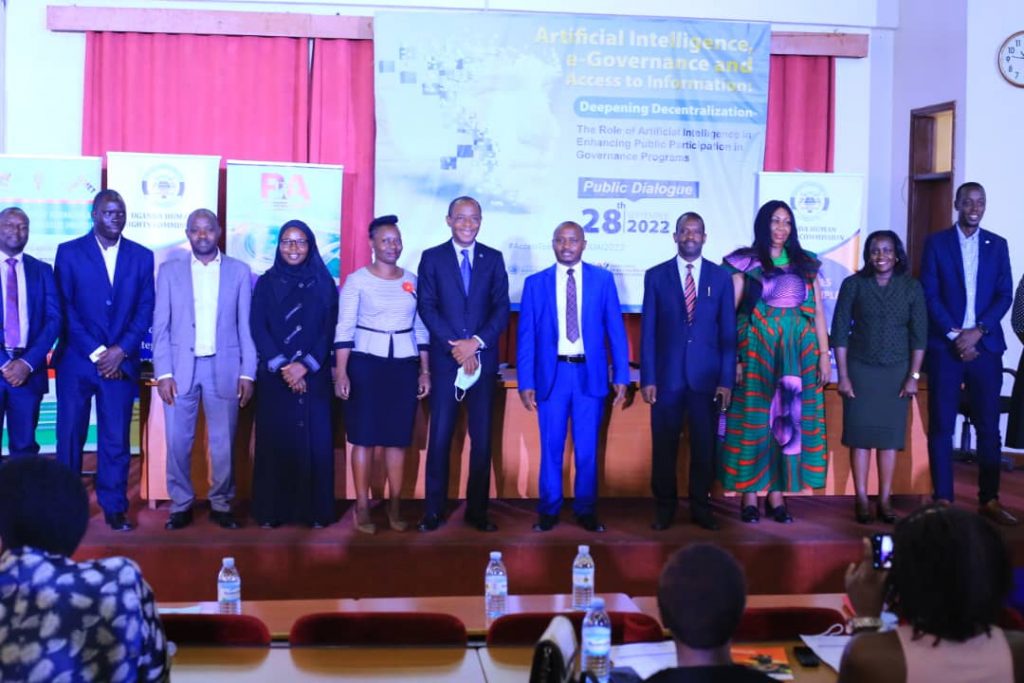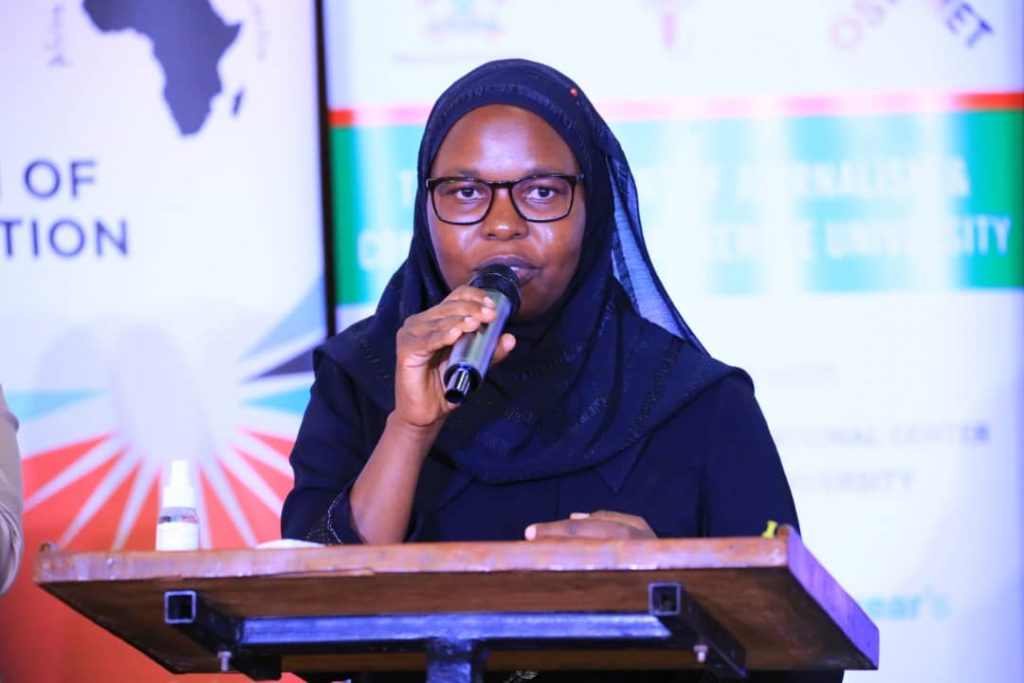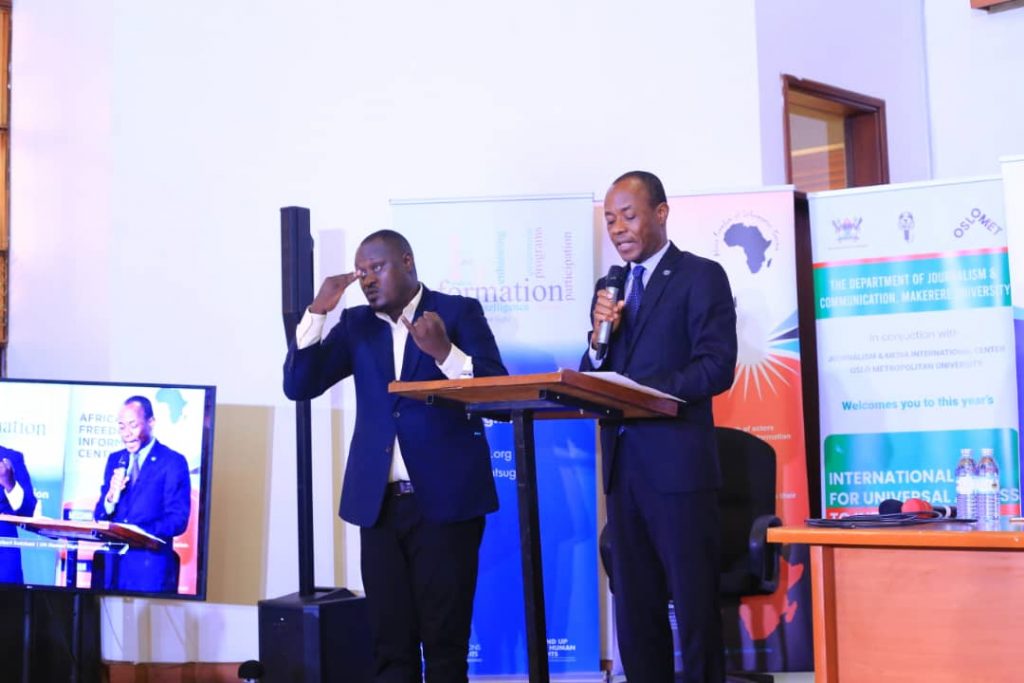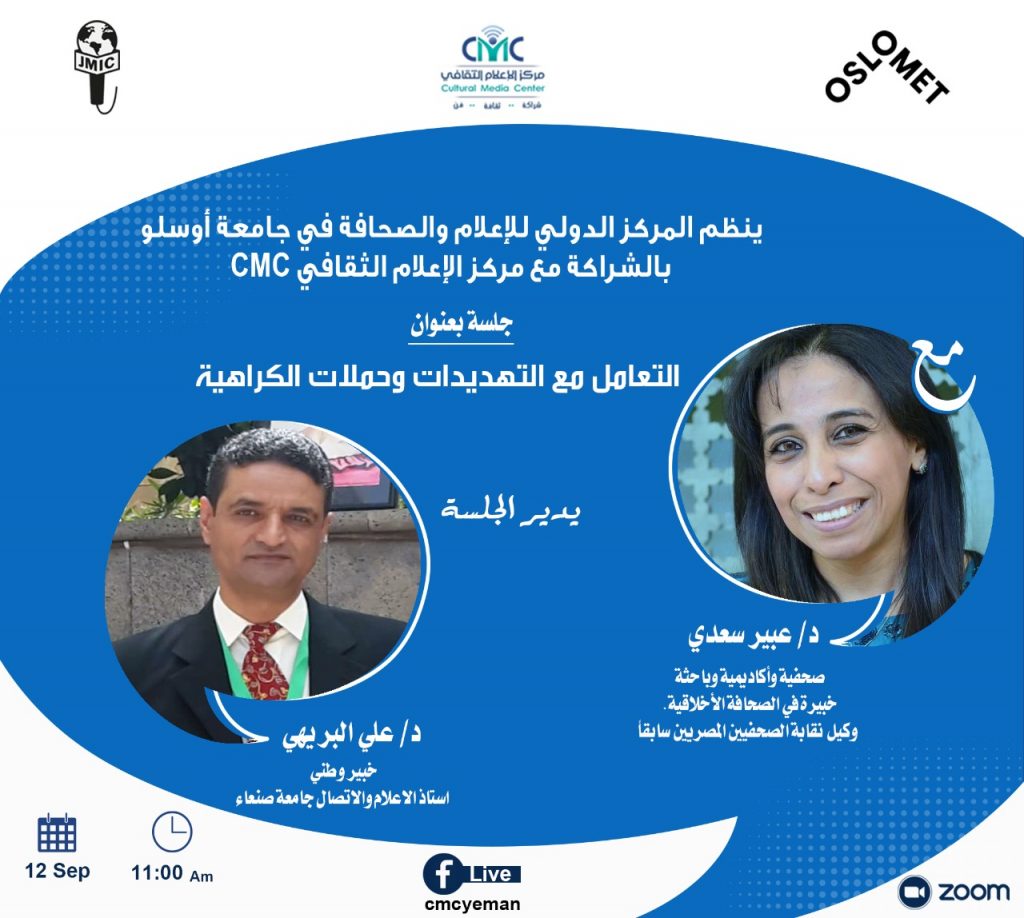JMIC holds discussions with a team from Uganda
By: Gerald Walulya
The Chief Executive of Journalism & Media International Centre, Oona Solberg last week held a productive engagement with representatives of the Department of Journalism and Communication, Makerere University in Uganda.
The two representatives included, Dr. Aisha Nakiwala Sembatya, the Head of the Department of Journalism and Communication and Dr. Gerald Walulya, the coordinator of JMIC activities in Uganda and a Lecturer at the same institution.
The two were in Oslo to participate in the 8th International Conference on Safety and Security of Journalists that is celebrated every at Oslomet in commemoration of the International Day to end impunity for crimes committed against journalists.
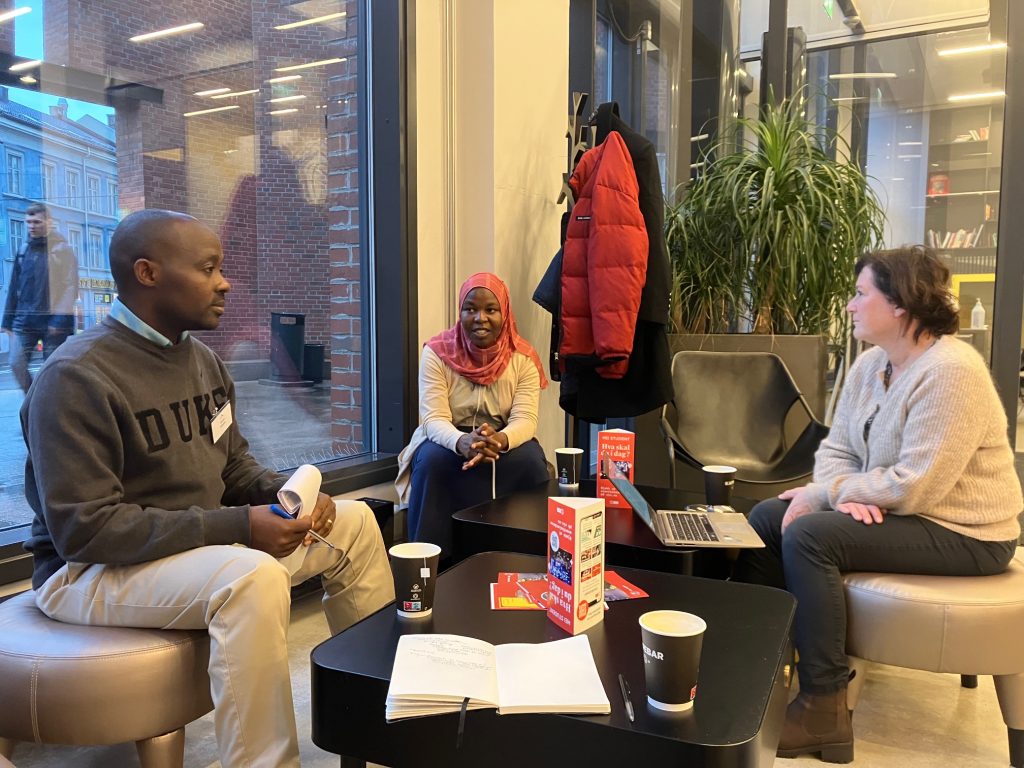
The discussions focused on the evaluation of the five activities JMIC and the Department of Journalism and Communication have implemented in Uganda this year and plans for the next year.
These activities included two trainings; one focusing on the safety and security of journalists and the other focusing on Access to Information. The other activities included organising a Rig on Press freedom and the celebration of the World Press Freedom Day on May 5 and the International Day for Universal Access to Information (IDUAI) on September 28.
Dr. Nakiwala commended the support that the Norwegian Ministry of Foreign Affairs has given to her Department through JMIC. She said that her university remains committed to working with JMIC and Oslomet to further improve the skills and knowledge of journalists and journalism students in Uganda.
JIMC Chief Executive, Oona Solberg commended the team from Makerere University for the effective utilisation of the support they receive from JMIC.
Since 2017, JMIC has been working with the Department of Journalism and Communication, Makerere University in Uganda, to train journalists and journalism students in key emerging journalism challenges such as safety and security of Journalists and Access to Information.
The cooperation between the two institutions has also focused on raising awareness on matters of press freedom and human rights through commemoration of important days such as the World Press Freedom Day and the International Day for Universal Access to Information.

